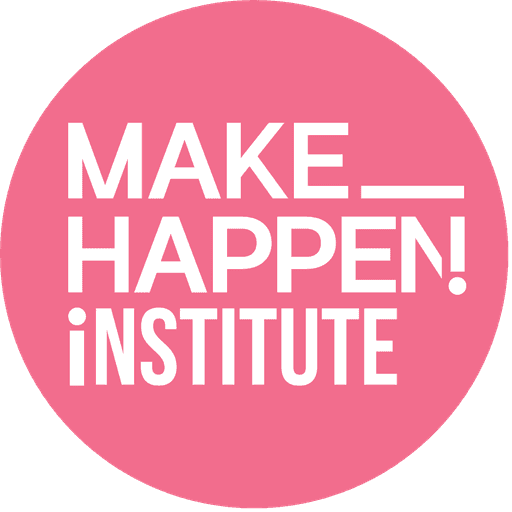
faq-How To Complete Your Proposal
Quick-Start Guide: Completing Your Creative Proposal
(a friendly blueprint you can riff on—then remix at will)
1 | Set the Stage – Mind-Friendly Prep
Lower the pressure. A proposal is a conversation starter, not a contract. You can—and many students do—change direction once the course begins.
Embrace “good-enough drafts.” Get ideas on the page first; polish later.
Work in quick bursts. If long sessions are tough, try 10-minute sprints with movement or music breaks.
Think in Post-its. One thought per sticky; shuffle until a shape appears. Range of ideas? Perfect—breadth first, editing later.
2 | Fill the Core Blocks
Use the headings below as your skeleton. Bullet points or mind-maps both welcome.
PROJECT TITLE
A working name that makes you smile—pun, metaphor, or mystery is fine.
OBJECTIVE
One clear sentence: “I want to ___ so that ___.” (If objectives multiply, list them; prune later.)
BRIEF DESCRIPTION
60–100 words that paint the essence—try “It’s like X meets Y” or “Imagine if…”
AUDIENCE
Who benefits? Think people, moods, or niches (e.g., “over-stimulated city-dwellers who need micro-escapes”).
METHODOLOGY
A high-level recipe—no step-by-step yet. Name your main ingredients: research, prototypes, interviews, etc.
MILESTONES
Three to five waypoints—e.g., kick-off, mid-course pivot, beta reveal, final share. Add rough dates; they can move.
RESOURCES NEEDED
Tools, software, spaces, mentors, cash, collaborators. A “wish list” plus “what I have now.”
WHAT EXCITES ME
Why does this light you up? Your energy helps tutors guide you when motivation dips.
3 | Zoom In, Zoom Out
Zoom In – Pick one milestone and rough-plan this month’s tasks (sketch, storyboard, interview…).
Zoom Out – Glance at the whole arc; note any “I might pivot here” moments. Flag them openly—tutors love transparency.
4 | Reality-Check & Refine
Read aloud to spot clunky phrases.
Swap proposals with a peer for a two-minute “I’m curious about…” feedback round.
Tweak for clarity, not perfection. Aim for understandable & exciting, not encyclopaedic.
5 | Hit Send—Then Breathe
Submit the version you have today. Future-you will iterate with tutor input.
Celebrate: draft ➜ shared equals momentum.
Mini-Template (Copy-Paste Friendly)
PROJECT TITLE:
OBJECTIVE:
BRIEF DESCRIPTION:
AUDIENCE:
METHODOLOGY:
MILESTONES:
RESOURCES NEEDED:
WHAT EXCITES ME:
Don't forget we also have our regular Applicants Sessions online. You can join one of these to ask questions, get a better sense of the course and get further guidance on your proposal should you need it. Check the next one here: https://lu.ma/applicants



